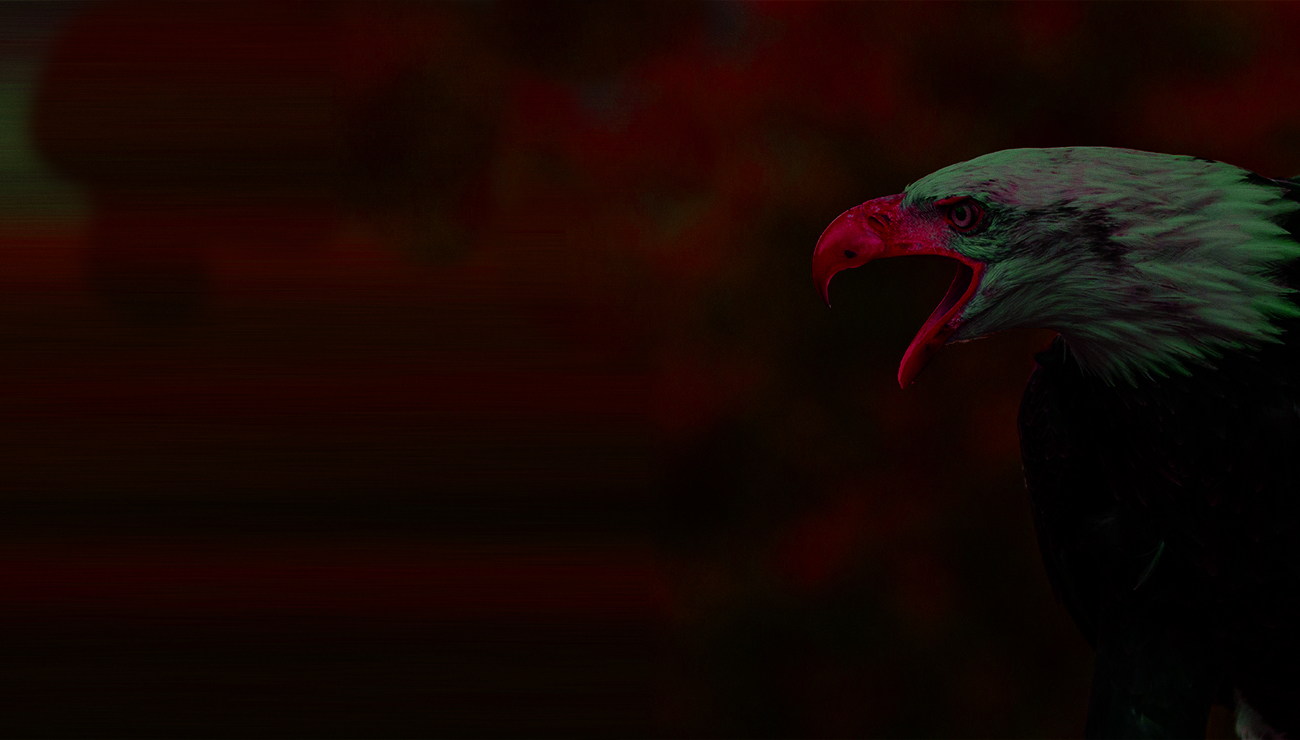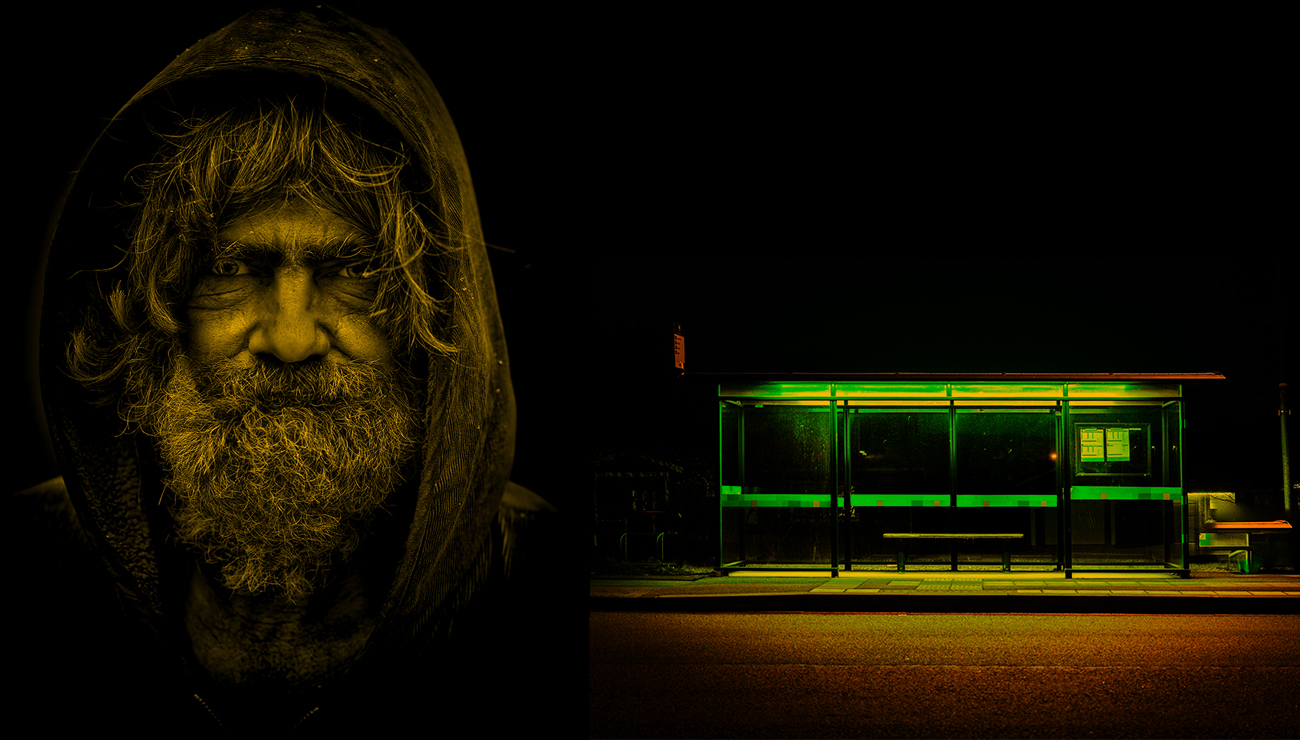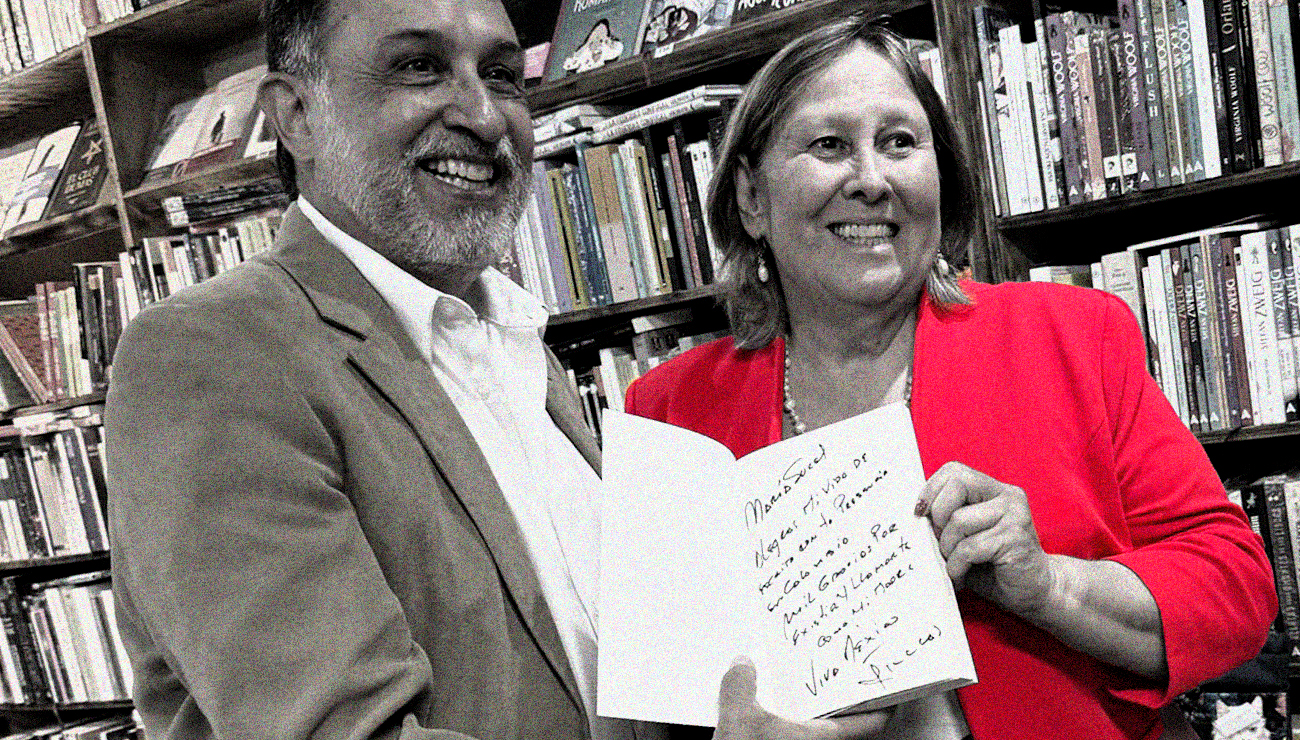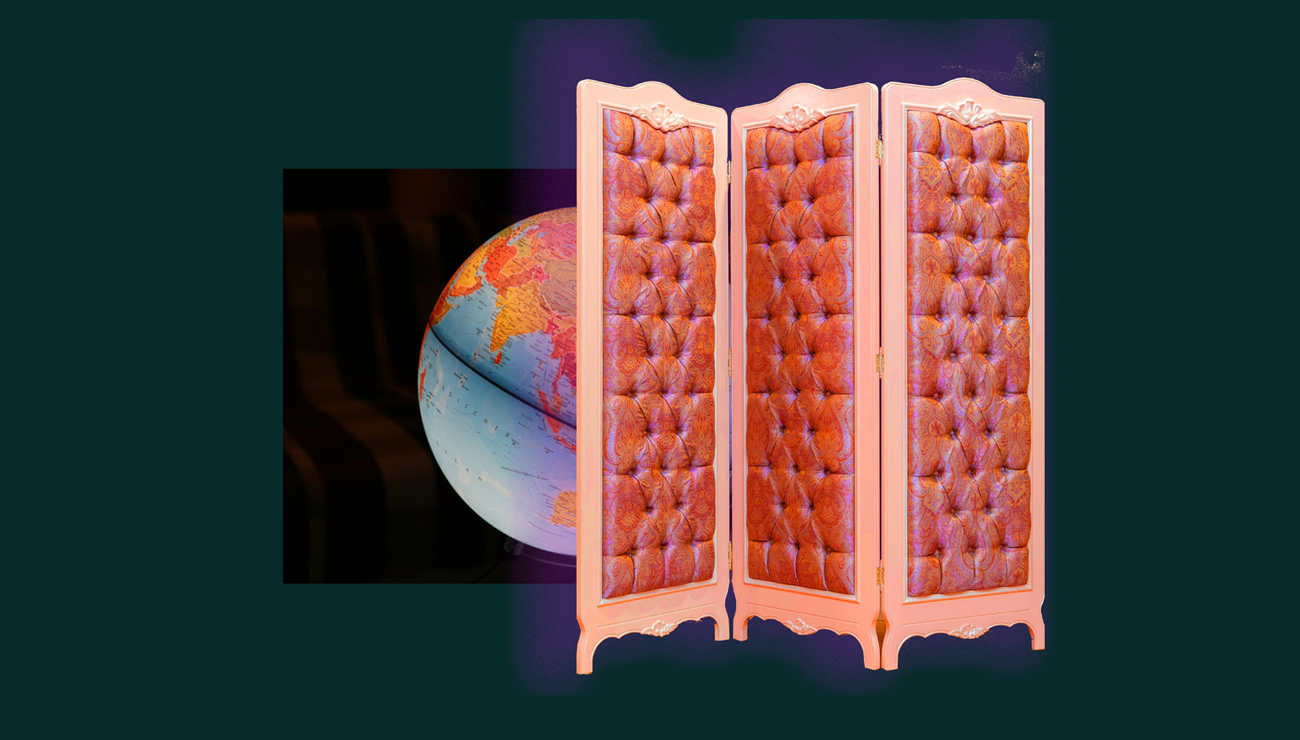
In a Soulless World, Facts Banish Feelings.
Author: ©2025 William Castano-Bedoya
Today, I walk my three miles. I change my route, seeking to break the monotony of my steps. I opt for a walk that turns corners, repeating some blocks so as not to stray too far, yet keeping the same daily distance.
My mind resists surrendering to the same principles of thought. This morning, I read a comment in response to my article “Orwell, Dante, and the Earthly Gods 2025″, where I imagine a contemporary purgatory inhabited by immigrant families fleeing death or hunger—families who, despite their circumstances, continue to sustain the prosperity of a nation now ruled by a new, ruthless eagle.
These days, the state of our world compels me to reflect on how humanity’s feelings seem to be capitulating to facts, to figures accentuated by clichés of hatred and intolerance disguised as social justice. I pause to consider the power of facts, how the eagle brandishes them to rule and to conceal its hatred and selfishness.
And so, the facts that govern our humanity are no longer exclusively human: devoid of feelings, they do not negotiate, they feel no guilt, and they leave no room for mercy.
As the ground registers the cadence of my steps, my mind surrenders to a sincere soliloquy, free from the conspiracies that seek to corrupt the purity of thought. I ask myself: what place do love, fear, nostalgia, and compassion hold? If they cannot alter the facts, are they condemned to oblivion, or will they find refuge in logic and reason?
Perhaps love will manage to defy the coldness of facts or, better yet, generate facts capable of bringing true happiness to the living beings who inhabit this minuscule speck of the universe.
Our lives are being swept into a stark and terrifying landscape: a world empty and soulless, governed by the stormy reign of facts.
I recall a scene of hatred where I heard: “If you’re not wearing a suit and tie, you are unworthy of sitting near the eagle.”
I conclude that feelings are the great beings devoured by infamous animals ruling the territories of life: an eagle that devours its own hatchlings so they won’t dirty its nest; a Siberian bear that ravages foreign lands; a Caribbean crocodile that casts dissenting souls into the sea; a Bolivarian jaguar that exiles or martyrs its own children; a lion from the steppes of an unprogressive Africa that kills for doctrine; a desert hawk that subjugates women; and a fantastical dragon from the terrible nation of the northeastern world, which threatens the planet with atomic bombs while oppressing its own people.
Millions of human beings suffer in parallel, harassed by these cruel beasts. At this very moment, their existence is struck by persecution, the looming threat of death, and desolation.
We are at the mercy of minds that devour feelings—minds that rule the world. It is chilling to witness our humanity stripped of its essence, reduced to a machine of data and domination—without empathy, without pain, without love—governed solely by the cold logic of power. We are being turned into empty bodies, minds starved of empathy.
In this kingdom of facts, feelings are hunted down, persecuted, and eradicated because they pose a threat to the order of “facts”, that new absolute truth imposed by modernity, where only what can be quantified is real, and the human element is nothing more than an insignificant and futile variable. Feelings have no escape; they hide within us, more fearful than hopeful. We are like migratory birds that still cherish freedom, though we sense we will be mercilessly crushed.
From above, Machiavellian and robotic beings, with human bodies and mechanized minds, observe impassively. Devoid of empathy in their sensors, they rise to power, chosen by sorrowful humans—those who despise the happiness of others yet paradoxically cling to the hope of attaining it by worshiping the eagle that preys on the vulnerable of the earth.
An eagle that, far from rewarding happiness, destroys the very essence of existence: the ability to feel and to create joy. These beings answer to a symbol that once stood for freedom but now glorifies relentless reason, imposing that only what is verifiable and tangible has the right to exist.
The image of an eagle destroying the nests of migratory birds is a brutal yet precise representation of the persecution and annihilation of those seeking a home. Our existence, in its very nature, finds its reflection in other animal species affected by the eagle’s policies. Immigrants are like wandering birds searching for a place to nest, only to be hunted down by the eagle, their homes and offspring destroyed. Our entrepreneurs are beavers, builders of dams and ecosystems, yet the eagle, intolerant of structures other than its own, dismantles their work, leaving them vulnerable. Our veterans are old wolves, warriors who have served the pack, only to be discarded and abandoned once they can no longer fight. Their loyalty is repaid with oblivion. Our elders are tortoises—slow, wise witnesses of multiple generations—but the eagle, swift and unyielding, sees no value in them. Once torn from their homelands, they are flayed, their bodies left defenseless for destiny’s predators to erase their remains from the face of the earth.
The eagle has appointed itself as the executor of ethnic cleansing, believing that only eagles and perhaps a select few other creatures in the human kingdom deserve to exist. Meanwhile, migratory birds, beavers, old wolves, and tortoises must be eradicated from its dominion. Only eagles are deemed worthy of existence, even if that existence is bleak and usurious—managing the human race in their puppet circus.
Is this vision of a world that devours feelings in favor of the dictatorship of facts a brutal philosophical dystopia? Is it possible to imagine a world without feelings that still remains human? Do you think I am speculating or weaving conspiracy? No. I am merely philosophizing… Reality does not need theories—just open any news portal, and the headlines will speak for themselves.
I returned home, my mind still entangled in these ideas, concluding my contemplative walk with a lingering sense of uncertainty.
As I pondered all this, the cat walked past me, ignoring me. I expected nothing less. I know he is ungrateful, that he has empathy but struggles to show it. That he would never be moved by my exhaustion or my existential musings. And yet, when he saw me sitting on the couch, silently drinking water, he lay down beside me.
Finished reading and want more? Your next favorite story is just a click away.
Explore my books!
A Planetary Choreography: Each Tragedy Serves as a Screen to Hide Another
William Castaño
William Castaño-Bedoya is an American writer based in Coral Gables, Florida. His literary fiction explores the ethical, psychological, and emotional structures that shape human relationships, focusing on love, vulnerability, and the tensions between power and compassion. His narrative voice is marked by interiority, silence, and moral inquiry, privileging emotional intelligence over spectacle. After a long career in marketing and creative leadership, he turned fully to literature, bringing a strategic understanding of contemporary human experience to his work. He is the author of several novels, including "The Intriguing Stillness of the Tides", "We the Other People", "Ludovico", "Flowers for Maria Sucel", "The Galpon", and "We’ll Meet in Stockholm".



